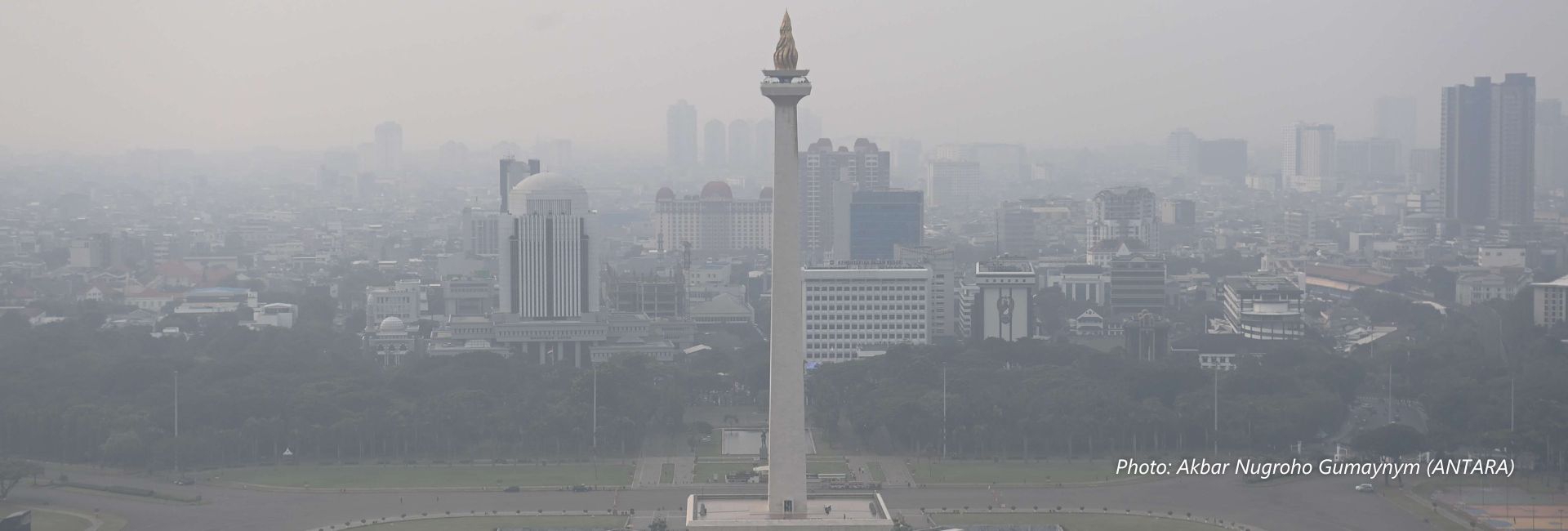Surveys have suggested that air pollution protection is not a primary concern for Jakarta’s residents. While air pollution poses significant risks to health and education, research that estimates willingness-to-pay (WTP) for environmental quality in developing settings is scarce. Among those, estimated WTP for clean air is low.
The degree to which households are willing to pay for enhanced environmental quality may be substantially affected by uncertainty. Given their minimal experience with “good” environmental amenities, households might be unsure about the worth they assign to high levels of air quality. This dynamic learning process could be crucial in shaping preferences for clean air, implying that pollution might be categorized as an experience good, whose value is revealed only after consumption.
In a previous study, SMERU and The University of Chicago examined the efficacy of different information treatments in schools to trigger awareness about air pollution and hindering the negative health impacts by running a randomized control trial.
Based on that study, SMERU continues its collaborative research with experts from the Asian Development Bank Institute, Australian National University, and the University of Chicago to test the impact of air quality management technology on protecting Jakarta households.
This project aims to provide rigorous empirical tests of the hypothesis that air quality is an experience good.
We implement research intervention with the following objectives:
- Documenting the hurdles that prevent residents in Jakarta from protecting themselves and their children against air pollution
- Measuring baseline demand for clean air (proxied by willingness-to-pay for air purifiers) and protective behavior, and testing interventions that could affect this demand/behavior
- Measuring the impacts of reducing air pollution levels on health and human capital outcomes for parents and children, including self-reported symptoms, objective measures of health such as blood pressure and spirometry tests, attendance in schools, and school performance
We partner with Jakarta’s Education Office to implement a randomized intervention to households with elementary school-aged children (4th grade or 5th grade). We assign households to three groups: two treatment groups (1 and 2) and a control group. The interventions include information, air quality monitoring, and air purifier rental. We hypothesize that each of these components will impact specific outcomes that we can measure.
Baseline and endline surveys will be administered to assess three primary outcomes:
- Willingness to Pay (WTP) for air purifiers–as a proxy for the market value of clean air
- Adoption of private protective behaviors, such as wearing masks, checking air pollution alerts, and avoiding outdoor areas when pollution is high
- Self-reported and objective measures of health
Self-reported health consists of perceptions of health impacts, health symptoms, medical diagnoses, and hospital visits. These outcomes will provide the input into a parent health index and an adult-reported child health index.



